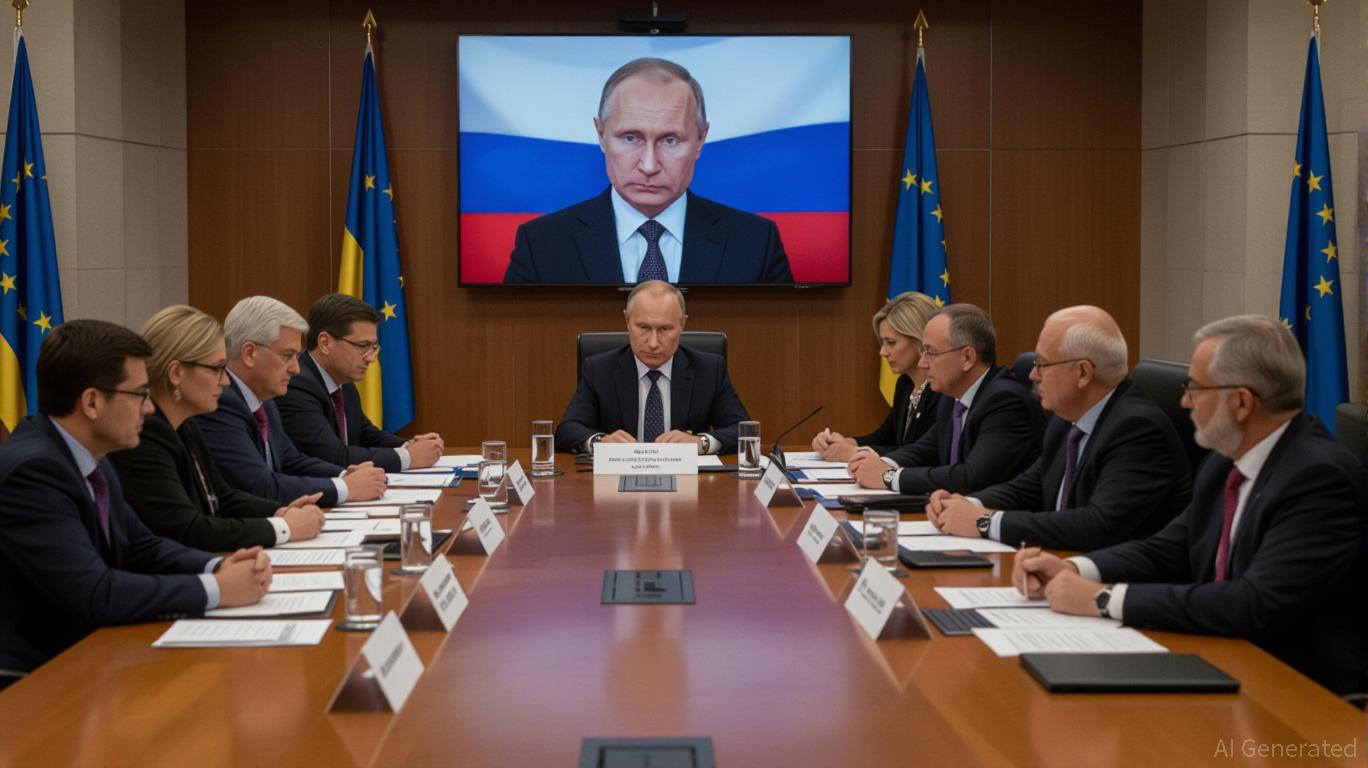The European Union is preparing to enact its 19th package of sanctions against Russia, a measure aimed at maintaining pressure on President Vladimir Putin in the ongoing conflict over Ukraine. Scheduled for adoption in the coming month, the new sanctions are part of the EU’s continuous strategy to isolate Russia economically and politically. The move underscores the bloc’s commitment to supporting Ukraine and deterring further aggression by Moscow.
The 19th package is expected to build upon existing measures, which have already targeted key sectors of the Russian economy, including energy, finance, and defense. While the precise composition of the new sanctions remains under discussion, the overarching goal is to intensify the economic pressure on Russian entities and individuals who enable the war effort. This approach reflects the EU’s broader objective of limiting Russia’s ability to sustain its military operations in Ukraine.
Past sanction packages have demonstrated a pattern of escalating measures, each time adding new restrictions and expanding the scope of targeted actors. The cumulative effect of these actions has been a significant decline in Russia’s access to international markets and financial systems. The EU’s continued enforcement of these sanctions has contributed to a broader shift in global trade and investment flows, with many businesses reevaluating their exposure to Russian markets.
The timing of the 19th package signals that the EU remains prepared to respond to developments in the war, adapting its strategy as needed. While the exact focus of the new measures is not disclosed, it is likely that they will include additional restrictions on key economic sectors, further sanctions on individuals, and enhanced enforcement mechanisms to prevent circumvention of existing rules. The EU has consistently emphasized the need for unity among member states in applying these sanctions effectively.
Given the extended duration of the conflict and the resilience of the Russian economy, the EU has recognized the importance of maintaining a sustained and evolving pressure campaign. Each new package of sanctions is seen as a necessary component of this strategy, designed to reinforce the message that continued aggression will incur progressively greater consequences. This approach aligns with the broader international response to the war, with other countries and organizations also implementing or expanding sanctions against Russia.
The upcoming 19th package is set to be a key development in the EU’s ongoing sanctions policy, signaling its resolve to uphold its strategic objectives in the war in Ukraine. As the EU moves forward with its plans, the focus will remain on ensuring that the measures are both impactful and enforceable.

